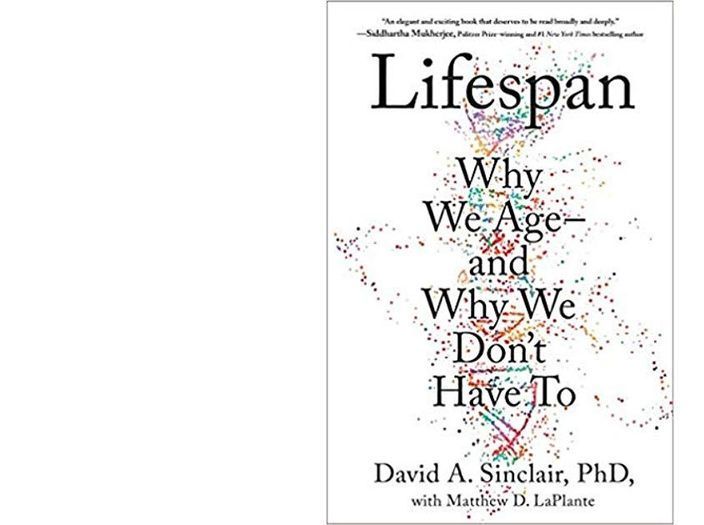If you are interested in superlongevity, I have a spectacular book for you: Lifespan — Why We Age and Why We Don’t Have To, by David Sinclair PhD.
Sinclair has written a book about all the various ways in which humans can extend their lifespan and their healthspan.
One of the best aspects of this book is that Sinclair has a way of writing that is clear and insightful. It is so rare for me to read a book about scientific experiments in which it is easy to follow the methodology, but it is unique to also have an explanation of the application of the results that is crystal clear. Sinclair does both simply and easily.
Sinclair writes about all of the avenues that I’ve heard of for life extension. Metformin. NAD+. NMN. NR. Diet. Exercise. Resveratrol. Senolytics.
However, the most gripping aspect of this book is Sinclair’s Information Theory of Aging. Here is one excerpt from the book:
“…epigenetic noise causes the same kind of chaos. It is driven in large part by highly disruptive insults to the cell such as broken DNA…And this, according to the Information Theory of Aging is why we age. It’s why our hair grays. It’s why our skin wrinkles. It’s why our joints begin to ache. Moreover, it’s why each one of the hallmarks of aging occurs, from stem cell exhaustion and cellular senescence to mitochondrial dysfunction and rapid telomere shortening.”
Now, I have to admit that I know absolutely nothing about epigenetics. But if it could be this crucial to superlongevity, you better believe I’m going to start learning about epigenetics! And Sinclair does a good job of explaining how epigenetics is crucial in the aging process.
It’s a seemingly undeniable truth that aging is inevitable. But what if everything we’ve been taught to believe about aging is wrong? What if we could choose our lifespan?
